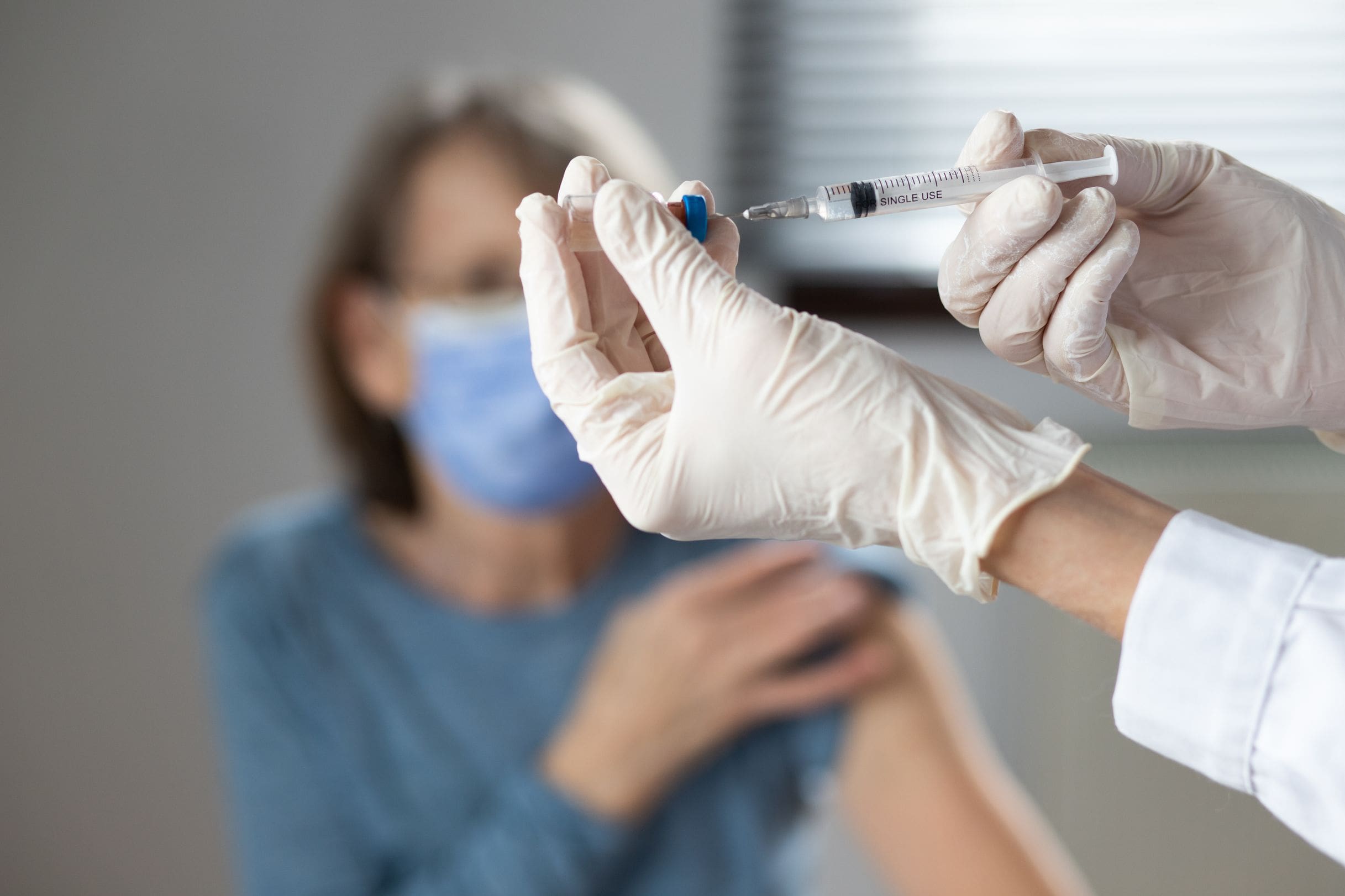The COVID- 19 virus also called SARS-CoV-2 has evolved since it appeared in China. To explain what goes on here is that every time the virus multiplies, there are mistakes in the genetic code in the virus. And most of these mistakes mean nothing at all but sometimes these mistakes, also called mutations, can give the virus an advantage.
So for example, when we went into lockdown in the first wave of the pandemic, the virus mutations that had extra contagiousness survived better. So there was a variation of the virus that actually spread around the world because it was a bit more contagious and allowed this virus to survive a bit better during lockdown.
What’s happened more recently is that other variants have emerged around the world. There’s one that was noticed in Britain, there was one in Brazil and elsewhere and there’s one in South Africa. And these seemed to be popping up spontaneously rather than spreading around the world. And they are a bit worrying because they’re quite a lot more contagious. What’s known as the UK variant, it’s also grown, is B117 is more contagious. So in fact, if the original virus out of Wuhan spread from one person to another two and a half people, this one in Britain spreads, one person spreads it to maybe three and a half people, that’s how much more contagious it is.
And that adds up and it’s taking over Britain and spreading around the world. It’s also happening in Brazil and South Africa and elsewhere, the question is, do these variants of the virus, okay, you can call them strains maybe but they’re, let’s just call them variants of the virus, do they confer resistance against the vaccine?
Well, the one in South Africa, they’re a little bit worried about that, but at the moment they don’t seem to but that could happen particularly if the vaccine rollout is slow or there’s too much time between vaccine doses that the mutants of the virus, which might be resistant to the vaccine, might preferentially survive. We’ve gotta wait and see, but so far so good.
Dr Norman Swan, Physician and Journalist





